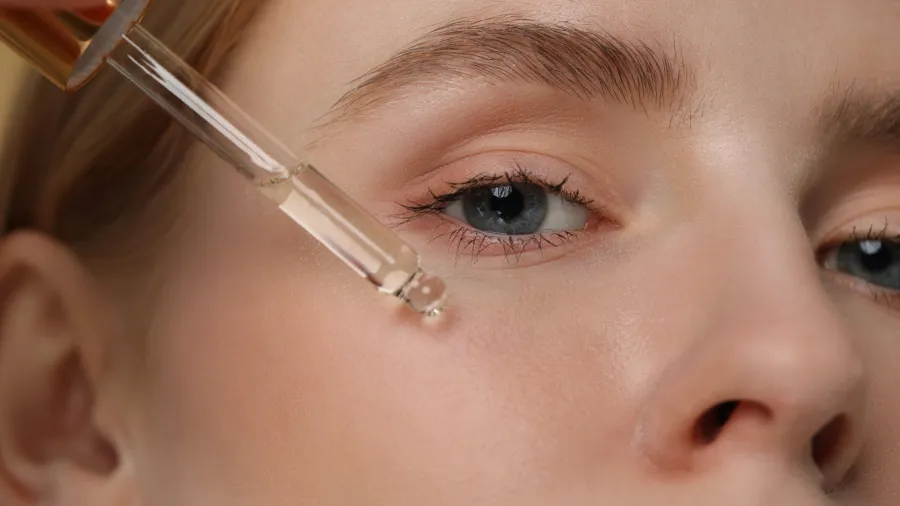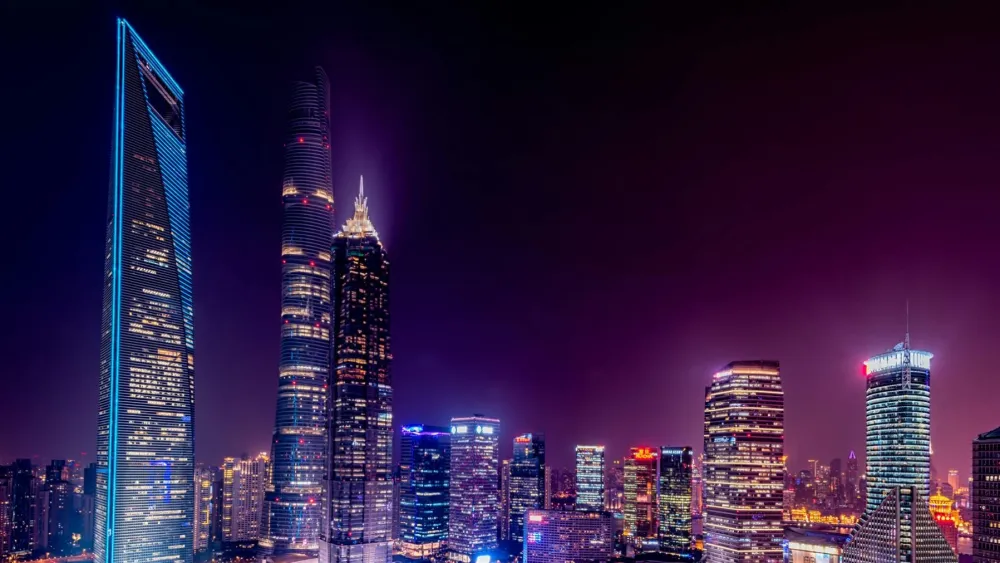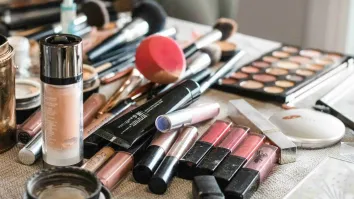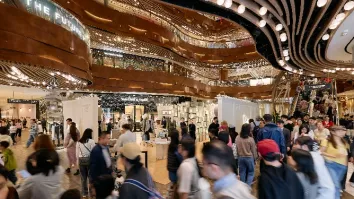
1 in 2 APAC consumers willing to pay more for science-backed beauty products
About 38% prioritise premium ingredients over brand names in skincare.
Nearly half or 49% of consumers in the Asia Pacific region said they are willing to pay an additional 10% to 50% for beauty products that feature scientific formulations.
The demand for science-backed beauty and personal care products has surged post-pandemic, with dermocosmetics or products that emphasise unique, scientifically-backed ingredients gaining global traction.
From 2018 to 2023, the Asia Pacific beauty market experienced a compound annual growth rate (CAGR) of 15%, outpacing the global average CAGR of 12%, North America’s 11%, and Western Europe’s 7%. Key markets within the region, including China (20%), Thailand (17%), South Korea (14%), and India (10%), demonstrated robust double-digit growth during this period.
According to Euromonitor International's 2023 Voice of the Consumer: Beauty Survey, consumer perceptions of premium beauty products are increasingly influenced by proven efficacy and medical endorsements. Approximately 30% of respondents in Asia Pacific view these factors as indicative of premium beauty. Moreover, 38% prioritise premium ingredients over brand names in skincare.
Multifunctional beauty products are also on the rise, offering cost and time-saving benefits. For example, suncare products now include makeup functions, and color cosmetics are enhanced with SPF. Demand for multifunctional attributes, such as anti-aging and wrinkle prevention in suncare products, has increased.
In e-commerce, retail sales of beauty products in Asia Pacific reached 30% of total sales in 2023. Douyin has emerged as a leading player in China’s beauty e-commerce market, surpassing Tmall Marketplaces in Q3 2023. Social media and livestreaming are crucial for brands to reach consumers in lower-tier cities.
"The beauty market in Asia Pacific is now faced with incredible possibilities that lie ahead for the industry - not only with increasing purchase power and changing demographic, but also with the market’s evolution of its growth engine through retail channel revolution, innovative brands and technological breakthroughs," said Yang Hu, Insights Manager of Health and Beauty in Asia at Euromonitor International.
"To stay competitive, industry players must remain attentive to future factors such as environmental changes, the dynamic consumers of Gen Z and Gen Alpha, and developments in other wellness sectors,” she said.



















 Advertise
Advertise






